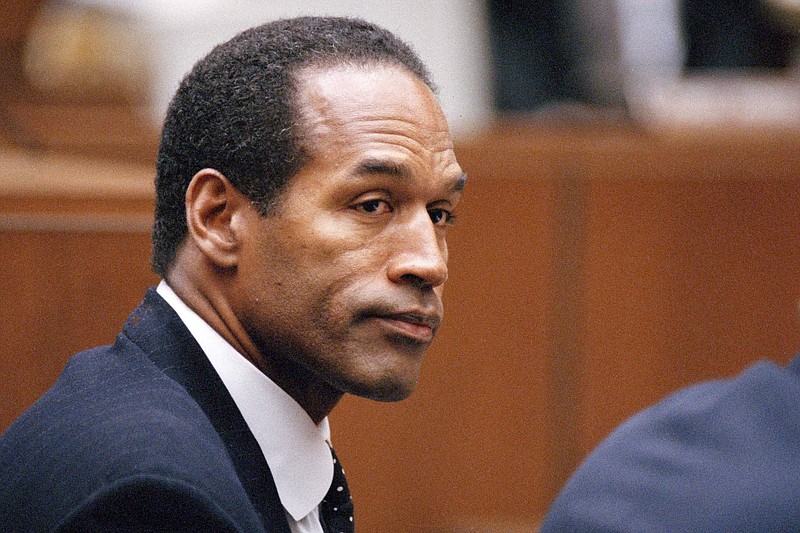O.J. Simpson will be remembered not for his athletic ability, but as a spectacle.
Most people tend to think the O.J. story started when Los Angeles police chased a white Ford Bronco down a deserted highway. But for Black America, the O.J. spectacle began March 3, 1991, when Los Angeles police officers viciously beat Rodney King. Even though the beating was captured on videotape, the officers were acquitted, and the city went up in flames. The O.J. Simpson legend began when the nation decided that King must have done something to deserve his beating.
Every generation of Black people has a moment when this nation betrays them: Emmett Till; the bombing of American citizens in Philadelphia; white racist violence in Tulsa, Oklahoma; the executions of Malcolm X and, later, Trayvon Martin. Rodney King was my generation's; his beating showed me that a new day had not dawned in this country for Black opportunity and acceptance. Simpson's legal team was able to paint a story in which he symbolized Black martyrdom to Black America because of such betrayals.
When the Simpson verdict was announced in 1995, I was standing in the student union of my historically Black college. My peers collectively sighed in relief when he was acquitted. But, if the King verdict was the moment when my generation fell out of love with our country, Black America's relief at the Simpson verdict was the moment that white America fell out of love with the promise of diversity.
Sadly, a woman paid the ultimate price for the O.J. Simpson legend. By many accounts, O.J. abused Nicole Simpson for years. He got away with it through a kind of carte blanche usually reserved for powerful white men, because his public mythology erased his private abuses.
In a remarkable ESPN documentary, "O.J.: Made in America," Harry Edwards, a sociologist and activist, remembers when Simpson declined to join a group of Black athletes who were campaigning for civil rights, saying, "I'm not Black; I'm O.J." That line captures the essence of O.J. Simpson, the man and the public figure.
He wanted to be above the rules not because of what he was but because of who he was. It's the height of karmic irony, then, that what ultimately made Simpson special was the way his Blackness — that socially constructed distance from the white acceptance he so clearly craved — will forever define his legacy.
